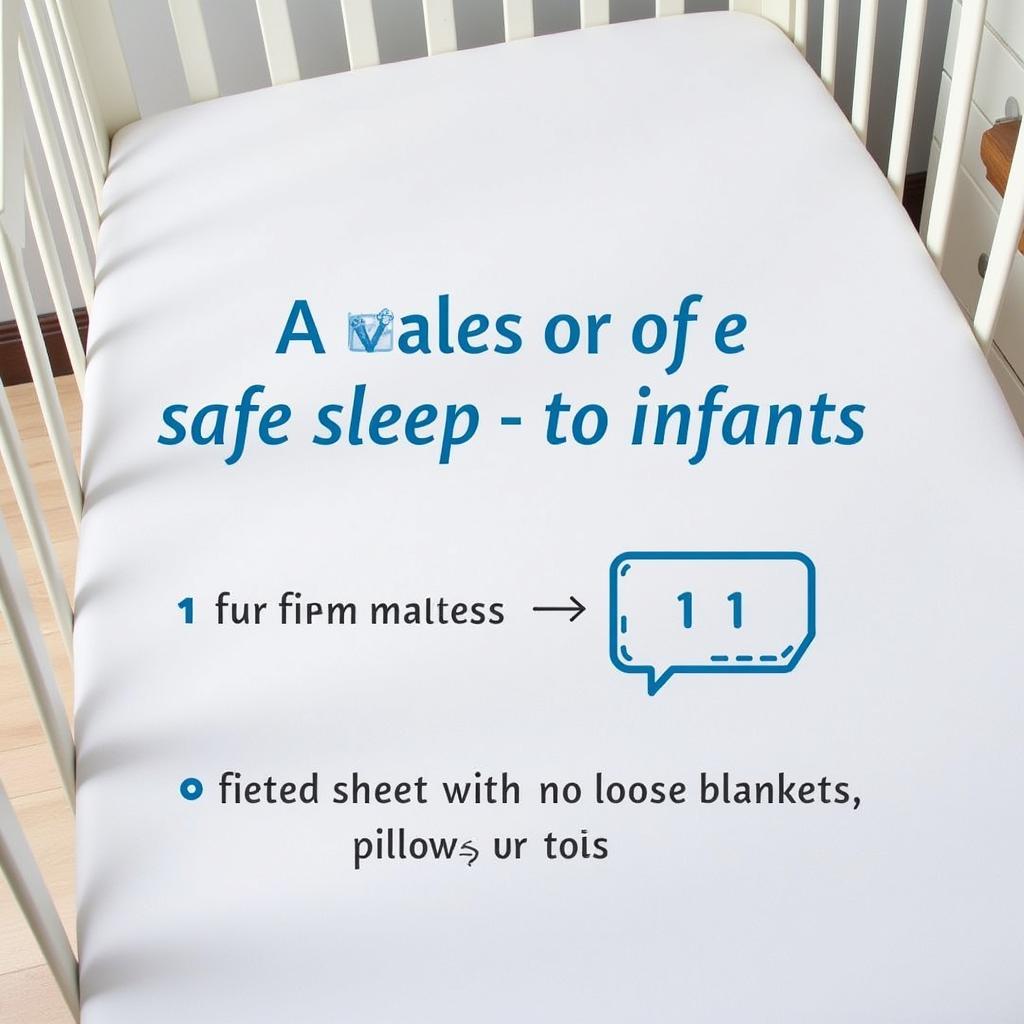Providing accurate infant care details is crucial for the well-being of your little one. Whether you’re a new parent navigating the complexities of babyhood or a caregiver seeking guidance, understanding how to provide comprehensive infant care information is essential. This article will explore the various aspects of infant care, equipping you with the knowledge and confidence to ensure your baby’s health, safety, and happiness.
Understanding the Importance of Infant Care Details
Proper infant care encompasses a wide range of practices that contribute to a baby’s overall development. From feeding and sleeping routines to hygiene and safety measures, every detail matters. Accurate infant care details are essential for communicating effectively with healthcare professionals, caregivers, and family members. This ensures everyone involved in the baby’s life is on the same page, promoting consistency and reducing the risk of misunderstandings.
Feeding Your Baby: A Detailed Guide
Feeding is a cornerstone of infant care, providing essential nutrients for growth and development. Whether you choose breastfeeding or formula feeding, understanding the nuances of each method is crucial. For breastfeeding mothers, details like latching techniques, feeding frequency, and milk supply are important considerations. Formula-feeding parents need to be aware of proper formula preparation, sterilization techniques, and feeding schedules.
- Breastfeeding: Focus on skin-to-skin contact, proper positioning, and recognizing hunger cues.
- Formula Feeding: Choose a suitable formula, prepare it according to instructions, and maintain hygiene.
 Infant Feeding: Breastfeeding and Formula Feeding
Infant Feeding: Breastfeeding and Formula Feeding
Ensuring a Safe Sleep Environment
Safe sleep practices are paramount in infant care. Sudden Infant Death Syndrome (SIDS) is a devastating tragedy that can be mitigated by following specific guidelines. Creating a safe sleep environment involves placing the baby on their back on a firm surface, free from loose blankets, pillows, and toys. Room sharing is recommended, but co-sleeping should be avoided.
- Back is Best: Always place your baby on their back for sleep.
- Firm Surface: Use a crib with a firm mattress and a fitted sheet.
- Room Sharing: Keep your baby’s crib in your room for the first six months.
 Creating a Safe Infant Sleep Environment
Creating a Safe Infant Sleep Environment
Hygiene and Diapering: Keeping Your Baby Clean
Maintaining proper hygiene is crucial for preventing infections and promoting overall health. Frequent diaper changes are essential to prevent diaper rash and skin irritation. Use gentle, fragrance-free wipes and diaper cream to protect your baby’s delicate skin. Regular bathing is also important, but avoid over-bathing, which can dry out the skin.
- Diaper Changes: Change diapers frequently, as soon as possible after they are soiled.
- Gentle Cleansing: Use fragrance-free wipes and a gentle touch.
- Bathing: Bathe your baby 2-3 times a week, using warm water and mild soap.
“Maintaining a clean and hygienic environment for your baby is paramount for their health and well-being,” says Dr. Amelia Carter, a renowned pediatrician with over 20 years of experience.
Recognizing and Responding to Your Baby’s Cries
Crying is your baby’s primary way of communicating their needs. Learning to interpret different cries can help you address their needs effectively. Hunger, discomfort, fatigue, and overstimulation are common reasons why babies cry. Responding promptly and consistently to your baby’s cries builds trust and security.
- Hunger Cues: Rooting, sucking on hands, and fussiness.
- Discomfort: Crying may be accompanied by pulling on ears, arching back, or clenched fists.
- Fatigue: Rubbing eyes, yawning, and irritability.
Conclusion
Providing comprehensive infant care details is essential for nurturing your baby’s growth and development. By understanding the key aspects of feeding, sleep, hygiene, and communication, you can create a loving and supportive environment for your little one. Remember to consult with your pediatrician for personalized guidance and address any specific concerns you may have. How To Give Infant Care Details effectively involves clear communication and accurate information sharing to ensure the best possible care for your baby.
FAQs
- How often should I feed my newborn?
- What is the ideal room temperature for a baby’s nursery?
- How can I soothe a fussy baby?
- When should I introduce solid foods to my baby?
- What are the signs of diaper rash?
- How can I prevent SIDS?
- When should I call the doctor if my baby is crying excessively?
Need support? Contact us via WhatsApp: +1(641)206-8880, Email: [email protected]. We have a 24/7 customer service team.

Leave a Reply